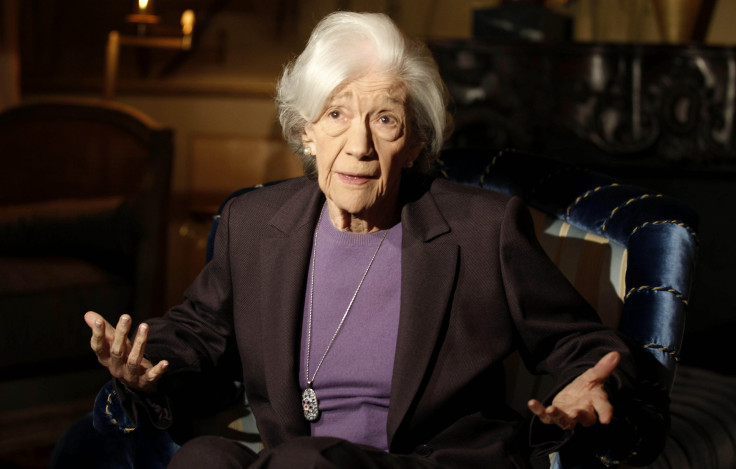
Writer Ana Maria Matute, winner of the Cervantes Prize in 2010, academic and one of the great authors of the postwar era, died Wednesday at her home in Barcelona. A few months ago, Matute was responsible for delivering the latest edition of the Nadal prize in the city where she was born on July 26, 1925. Realism, fantasy and children's literature were the three strands that characterized her work. Her apparently simplistic style hid the entire complexity of human life.
"Her role was important in the post-war era from a sociological point of view, for being a woman who played an important role breaking into a macho world, and in literature by reflecting reality through poetic script with doses of irony," says Emil Rosales, editor of Destiny. Ana Maria Matute was just the third woman to win the Cervantes prize. Matute was the author of such classics as 'Los Abel' (1948), 'Pequeño Teatro' (1954) , 'El Río' (1973), 'Olvidado Rey Gudú" (1996) and 'Paraíso Inhabitado,' her last novel.
Ana Maria Matute was known for her sympathetic treatment of the lives of children and adolescents, their feelings of betrayal and isolation, and their rites of passage. She often interjected such elements as myth, fairy tale, the supernatural, and fantasy into her works. Before her death, Matute was a university professor. She traveled to various countries, especially the United States, as a lecturer. She was outspoken about subjects such as the benefits of emotional suffering, the constant changing of a human being, and how innocence is never completely lost
© 2025 Latin Times. All rights reserved. Do not reproduce without permission.




